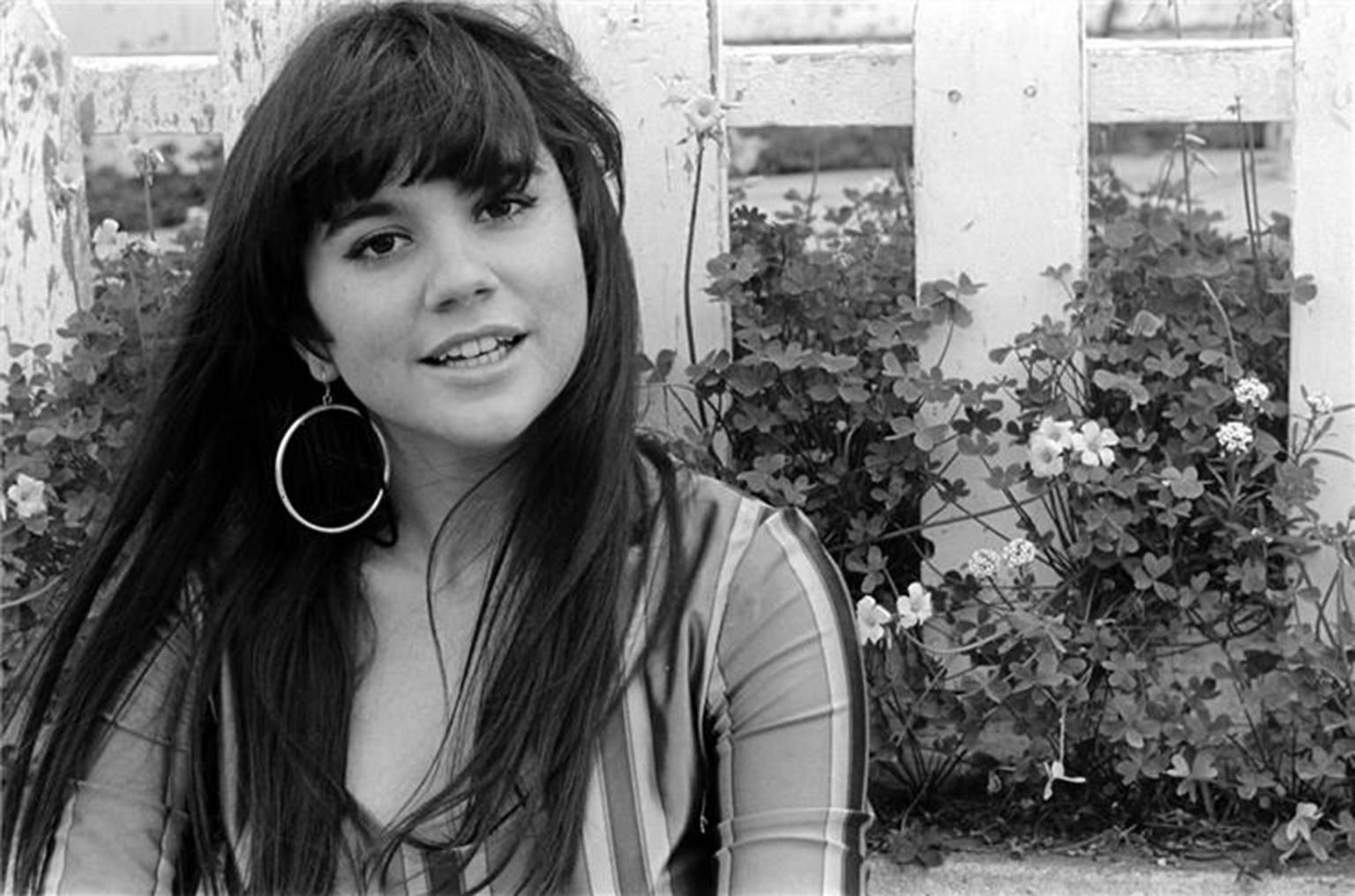
A song that dares to ask the morning-after question—when the night’s warmth fades and only sincerity can answer
When Linda Ronstadt sings “Will You Love Me Tomorrow?”, she doesn’t treat it like a teenage diary entry or a neat little oldies tribute. She treats it like a fragile moment suspended in time—the instant after closeness, when the heart suddenly wants proof that tenderness wasn’t temporary. Her recording belongs to her early solo years, appearing on her 1970 album Silk Purse, a period when she was still shaping the artist the world would later recognize as one of the great interpreters of American song.
The “arrival moment” of Ronstadt’s version is precise. Capitol Records released “Will You Love Me Tomorrow?” as a single in March 1970 (paired with “Lovesick Blues”). Not long after, it took its place on Silk Purse—an album released April 13, 1970—where the tracklist includes “Will You Love Me Tomorrow?” alongside songs that already hinted at Ronstadt’s instinct for emotional directness.
Chart-wise, this wasn’t yet the Ronstadt era of massive U.S. pop peaks. In the United States, her single did not enter the Billboard Hot 100; it is commonly documented as peaking at No. 111 on Billboard’s “Bubbling Under” listings (i.e., just outside the main chart). Yet the song did find a small chart foothold elsewhere: it charted in Australia, reaching No. 100 on the Kent Music Report. In a way, those modest numbers fit the performance: this version doesn’t sound like it’s trying to conquer the world. It sounds like it’s trying to tell the truth to one person.
The truth begins long before Ronstadt. Carole King and Gerry Goffin wrote the song, and The Shirelles first recorded it in 1960—turning it into a landmark pop record that brought a woman’s emotional accountability to the center of the radio. The genius of the lyric is that it refuses to pretend that desire is enough. It asks for continuity. It asks whether the sweetness of night will survive the daylight’s honesty.
Ronstadt’s early-’70s take carries that same question, but with a different kind of vulnerability. On Silk Purse, she’s not yet the arena-certain superstar; she’s a young artist stepping forward, testing how much of herself she can put into a line without hiding behind polish. Her voice—already bright, already unmistakably hers—sings the melody with a kind of careful openness, as if she understands that the most dangerous thing in love is not wanting someone, but needing an answer.
And that’s where the meaning of the song blooms. “Will you love me tomorrow?” isn’t simply a romantic question. It’s a question about value. About whether affection is real when it becomes ordinary. About whether the person who held you close can also stand beside you in daylight, in routine, in consequence. In Ronstadt’s rendition, you can hear the ache of that uncertainty—not screamed, not dramatized, but carried quietly, the way real doubt usually is.
Placed within the world of Silk Purse—a record that also produced Ronstadt’s early breakthrough “Long Long Time”—the song feels like part of a larger emotional education: learning that love songs aren’t only about the thrill of beginnings, but also about the fear of what comes after. It’s the kind of fear that doesn’t make you less brave; it makes you more human.
So even if the charts only whispered, the performance still speaks. Ronstadt’s “Will You Love Me Tomorrow?” remains a portrait of early promise and deep empathy: a young voice reaching into a famous lyric and finding, inside it, the very old truth that keeps returning—night can be beautiful, but morning is where love proves what it is.